Science Shop
Advertisement
Apple Watch improves depression detection
- By Geert Devenster
- . June 7, 2020
Depression is a global issue that affects approximately 300 million people and leads to about one million suicides each year. In response to this, the

Surprising Brain Activity While Programming
- By Geert Devenster
- . June 7, 2020
Programming tasks that are considered challenging do not rely on logical-mathematical thinking as expected, but rather on the language center of the brain. A study
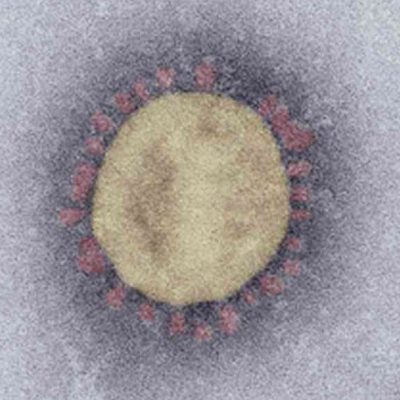
Coronavirus may cause skin changes.
- By Geert Devenster
- . May 31, 2020
The coronavirus has been known to affect various organs in the body, but recent studies have shown that it can also cause skin changes. In

E-Cigarettes Promote Inflammatory Mouth Bacteria
- By Geert Devenster
- . May 31, 2020
E-cigarettes Increase Potentially Harmful Bacteria in the Mouth A recent study conducted by scientists at Ohio State University in Columbus has revealed that e-cigarettes can

Google AI detects breast cancer early
- By Geert Devenster
- . May 31, 2020
Google Health’s software, DeepMind, is set to aid in the early detection of breast cancer. In a recent study, the accuracy of the Google AI
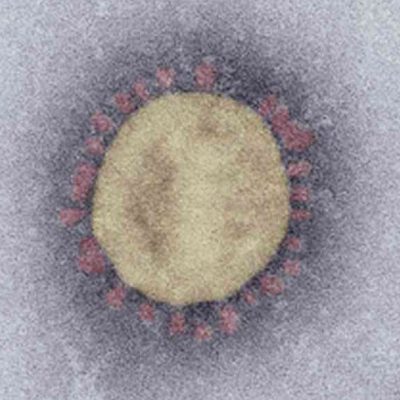
Hepatitis-C drugs effective against Covid-19
- By Geert Devenster
- . May 26, 2020
A recent study conducted by scientists at Johannes-Gutenberg-Universität in Mainz, Germany, has found that Hepatitis-C medications could potentially be used to treat Covid-19. The team
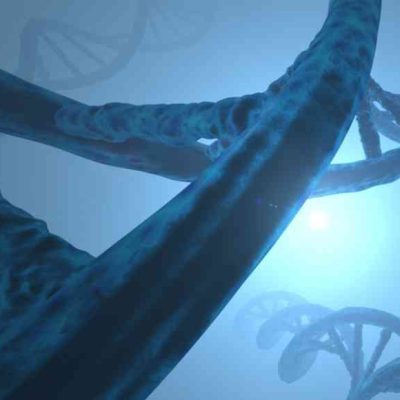
Fat-Burning Gene Mutation
- By Geert Devenster
- . May 22, 2020
A new study by scientists at the Institute for Molecular Biotechnology of the Austrian Academy of Sciences has found that slim people often possess a
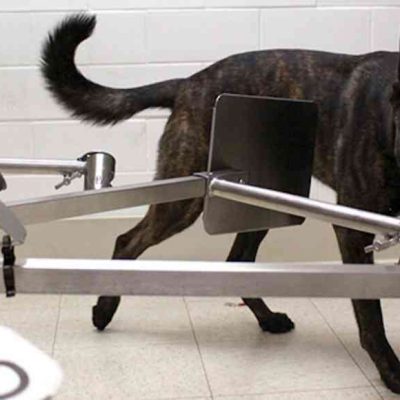
Dogs detect COVID-19 in urine
- By Geert Devenster
- . May 22, 2020
Dogs can detect COVID-19 infections in urine with the same accuracy as traditional PCR-based virus tests, according to a pilot study by researchers at the
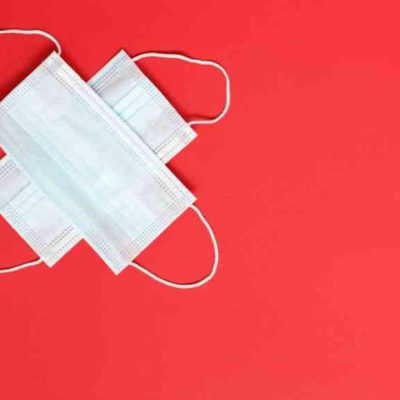
COVID-19 Speeches Spread Virus Airborne
- By Geert Devenster
- . May 20, 2020
Talking loudly in enclosed spaces can release more than 100,000 droplets containing SARS-COV-2 viruses per minute, which can remain in the air for up to
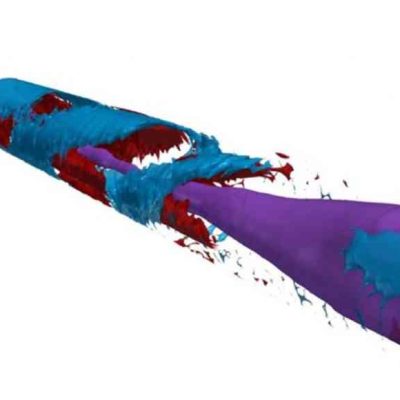
Irregular Blood Flow Discovered
- By Geert Devenster
- . May 12, 2020
A new study by researchers at the Institute of Science and Technology Austria (IST-Austria) has found that blood flows much more turbulently than previously thought.









